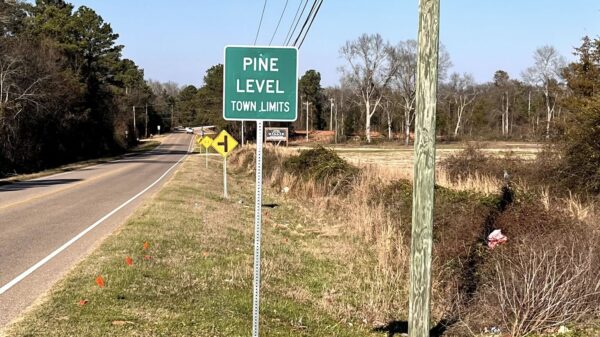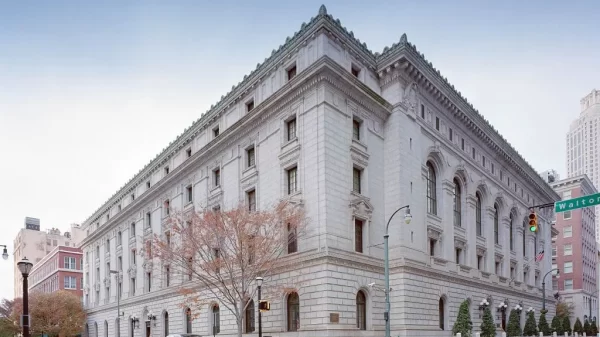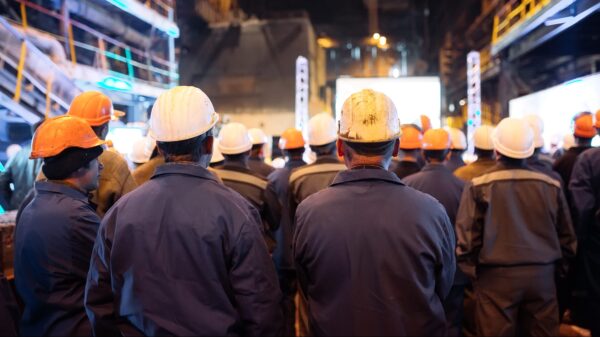|
Getting your Trinity Audio player ready...
|
In a typical display of legislative reshuffling, the Alabama House Ways and Means committee on Tuesday, put its stamp on a massive $3.4 billion General Fund budget for fiscal year 2025, tweaking a Senate-approved plan with some minor yet telling modifications. Under the gavel of Rep. Rex Reynolds, R-Huntsville, the committee opted for an additional revenue adjustment to the tune of $36.9 million—money that one might say has been diverted from its originally intended uses.
The adjustments include a rather eyebrow-raising $100,000 cut from the Board of Pardons and Paroles, specifically earmarked for re-entry services. Reynolds’ justification? The program supposedly didn’t need the funds this year—a claim that, while convenient, skirts the broader discussion about the state’s commitment to rehabilitation over incarceration.
Meanwhile, a slick maneuver rerouted $5 million from pier repairs at the Port of Mobile—a critical infrastructure project—to flood mitigation efforts in Huntsville. This diversion of funds raises questions about prioritizing projects and whether political convenience trumps logistical necessity.
On a broader scale, the budget lays out generous provisions for the usual suspects: the state’s Medicaid Agency gets a $92 million boost, and the Alabama Department of Corrections enjoys a $40.4 million increase. While these numbers may seem like a win for healthcare and correctional facilities on paper, they mask the underlying issues of resource allocation and long-term sustainability in these sectors.
The Department of Human Resources sees a significant uptick in its budget with a $19 million increase, ostensibly to bolster food programs and child protective services—areas that are critically underfunded year over year. This increase, slightly above Governor Kay Ivey’s recommendation, perhaps serves as a rare nod to the vulnerable populations relying on state support.
Not to be overlooked, the supplemental budget provisions for the current year are equally loaded with political goodies. A whopping $150 million is earmarked for prison construction, alongside a $20 million allocation each for a new statehouse parking deck and industrial site development—projects that have stirred public debate over their necessity and timing.
This legislative package, swiftly passed through the committee without any substantive debate, now heads to the House floor. It’s a clear indicator of the political machinations at play, where significant fiscal decisions are made with a speed and secrecy that leave little room for public scrutiny or input. As these bills inch closer to becoming law, one wonders whether this budget truly serves the public interest or merely the interests of those who craft it.




















































